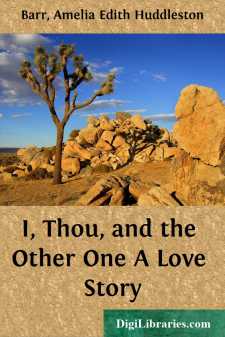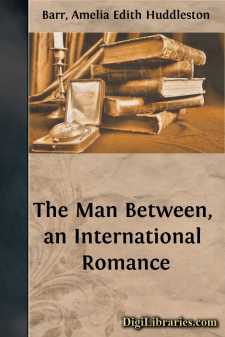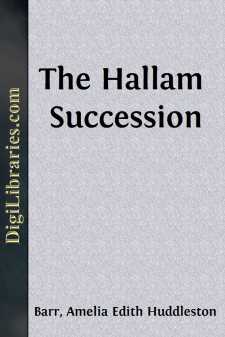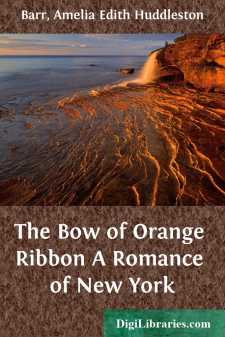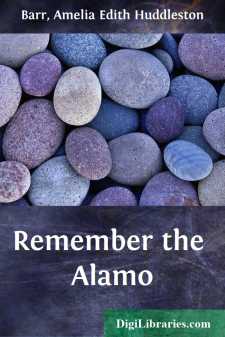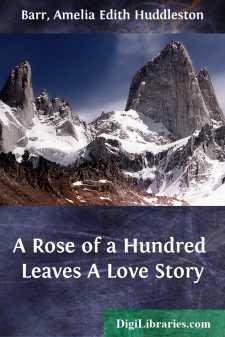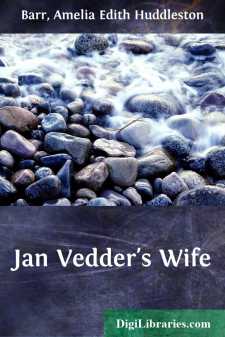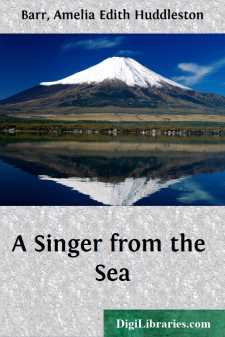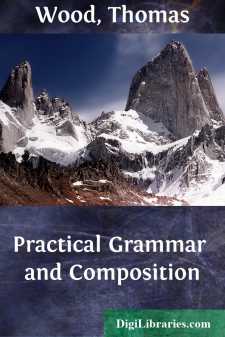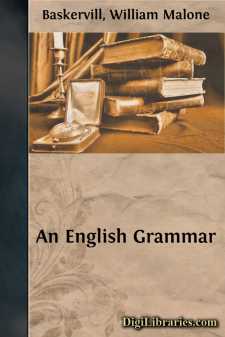Categories
- Antiques & Collectibles 13
- Architecture 36
- Art 48
- Bibles 22
- Biography & Autobiography 813
- Body, Mind & Spirit 142
- Business & Economics 28
- Children's Books 15
- Children's Fiction 12
- Computers 4
- Cooking 94
- Crafts & Hobbies 4
- Drama 346
- Education 46
- Family & Relationships 57
- Fiction 11829
- Games 19
- Gardening 17
- Health & Fitness 34
- History 1377
- House & Home 1
- Humor 147
- Juvenile Fiction 1873
- Juvenile Nonfiction 202
- Language Arts & Disciplines 88
- Law 16
- Literary Collections 686
- Literary Criticism 179
- Mathematics 13
- Medical 41
- Music 40
- Nature 179
- Non-Classifiable 1768
- Performing Arts 7
- Periodicals 1453
- Philosophy 64
- Photography 2
- Poetry 896
- Political Science 203
- Psychology 42
- Reference 154
- Religion 513
- Science 126
- Self-Help 84
- Social Science 81
- Sports & Recreation 34
- Study Aids 3
- Technology & Engineering 59
- Transportation 23
- Travel 463
- True Crime 29
The Squire of Sandal-Side A Pastoral Romance
Description:
Excerpt
CHAPTER I.
SEAT-SANDAL.
"This happy breed of men, this little world."
"To know
That which before us lies in daily life
Is the prime wisdom."
"All that are lovers of virtue ... be quiet, and go a-angling."
There is a mountain called Seat-Sandal, between the Dunmail Raise and Grisedale Pass; and those who have stood upon its summit know that Grasmere vale and lake lie at their feet, and that Windermere, Esthwaite, and Coniston, with many arms of the sea, and a grand brotherhood of mountains, are all around them. There is also an old gray manor-house of the same name. It is some miles distant from the foot of the mountain, snugly sheltered in one of the loveliest valleys between Coniston and Torver. No one knows when the first stones of this house were laid. The Sandals were in Sandal-Side when the white-handed, waxen-faced Edward was building Westminster Abbey, and William the Norman was laying plans for the crown of England. Probably they came with those Norsemen who a century earlier made the Isle of Man their headquarters, and from it, landing on the opposite coast of Cumberland, settled themselves among valleys and lakes and mountains of primeval beauty, which must have strongly reminded them of their native land.
For the prevailing names of this district are all of the Norwegian type, especially such abounding suffixes and prefixes as seat from "set," a dwelling; dale from "dal," a valley; fell from "fjeld," a mountain; garth from "gard," an enclosure; and thwaite, from "thveit," a clearing. It is certain, also, that, in spite of much Anglo-Saxon admixture, the salt blood of the roving Viking is still in the Cumberland dalesman. Centuries of bucolic isolation have not obliterated it. Every now and then the sea calls some farmer or shepherd, and the restless drop in his veins gives him no peace till he has found his way over the hills and fells to the port of Whitehaven, and gone back to the cradling bosom that rocked his ancestors.
But in the main, this lovely spot was a northern Lotus-land to the Viking. The great hills shut him in from the sight of the sea. He built himself a "seat," and enclosed "thwaites" of greater or less extent; and, forgetting the world in his green paradise, was for centuries almost forgotten by the world. And if long descent and an ancient family have any special claim to be held honorable, it is among the Cumberland "statesmen," or freeholders, it must be looked for in England.
The Sandals have been wise and fortunate owners of the acres which Lögberg Sandal cleared for his descendants. They have a family tradition that he came from Iceland in his own galley; and a late generation has written out portions of a saga,—long orally transmitted,—which relates the incidents of his voyage. All the Sandals believe implicitly in its authenticity; and, indeed, though it is full of fighting, of the plunder of gold and rich raiment, and the carrying off of fair women, there is nothing improbable in its relations, considering the people and the time whose story it professes to tell.
Doubtless this very Lögberg Sandal built the central hall of Seat-Sandal. There were giants in those days; and it must have been the hands of giants that piled the massive blocks, and eyes accustomed to great expanses that measured off the large and lofty space. Smaller rooms have been built above it and around it, and every generation has added something to its beauty and comfort; but Lögberg's great hall, with its enormous fireplace, is still the heart of the home.
For nowhere better than among these "dalesmen" can the English elemental resistance to fusion be seen. Only at the extreme point of necessity have they exchanged ideas with any other section, yet they have left their mark all over English history....



